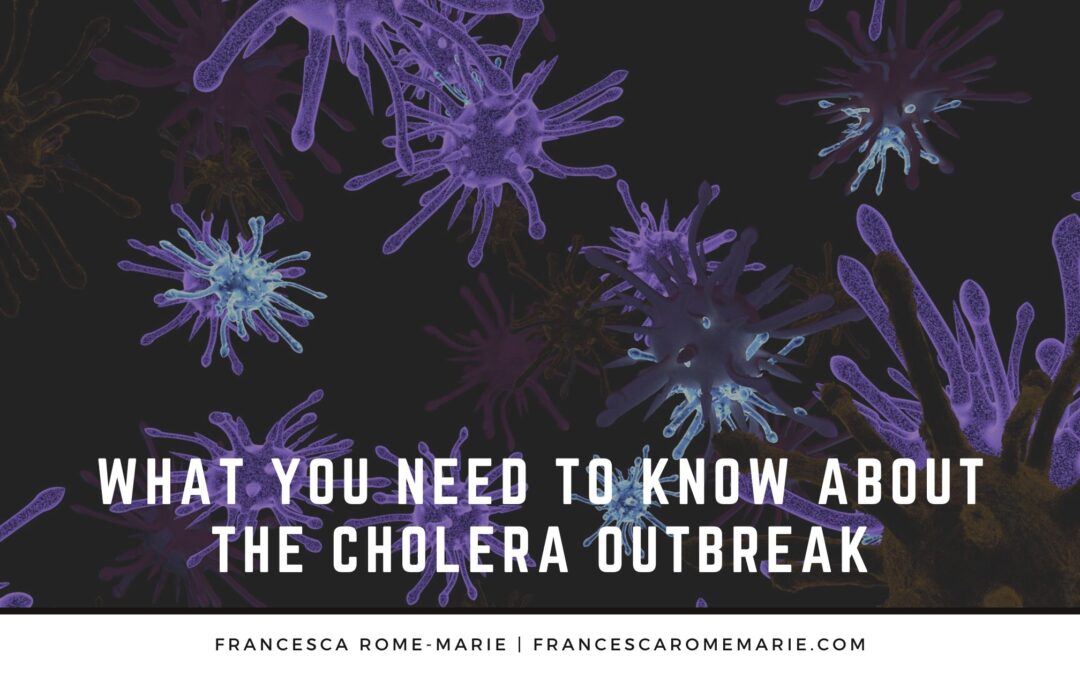On October 6, 2022, the Public Health Ministry of Lebanon notified WHO about two cholera cases in the northern part of the country, the first outbreak of the disease in the region since 1993. As of October 13, there are 18 cases and 2 probable deaths confirmed. While cholera is easily treatable, there is concern the outbreak could overwhelm the country’s already fragile health system. Here is everything you need to know about the cholera outbreak.
Incident Overview
The Ministry of Public Health first notified WHO about the two cases of cholera, which were confirmed by a culture test. The first, or index case, was a Syrian national living in an informal settlement who was admitted to a hospital. After possible treatment related exposure, a health worker was also diagnosed with the first instance of a hospital-acquired infection in the outbreak.
After the first two cases were confirmed, screening in the settlement where the person who was the index case lived discovered 10 more cases. Additional cases have since been discovered in both Syrian and Lebanese nationals, with cases and bacteria found in at least one additional informal settlement and other regions of the country.
What is Cholera?
Cholera, or the blue death, is a bacterial infection that manifests as an acute diarrheal illness. Infection usually comes from food or water that has been contaminated with the fecal matter of an infected person. So, areas with poor sanitation and inadequate access to clean water are particularly at risk.
While most people who get infected have mild or no symptoms, for some it is deadly. Severe cholera can cause rapid fluid loss through diarrhea and vomit, and without treatment can kill in mere hours.
With resources cholera is a relatively easy-to-treat disease. Most people infected with it can be treated with an oral rehydration solution. And an approach, which includes treatment, surveillance, sanitation, hygiene, and social mobilization, can control the spread of cholera and reduce deaths.
Why?
A larger outbreak had already spread across Afghanistan, Pakistan, Iraq, Iran, and Syria. And with Lebanon suffering a 3-year financial crisis, while also hosting camps of nearly 1 million displaced Syrians, the situation was primed for infection.
Refugee camps are almost always at high risk of cholera due to poor sanitation infrastructure. In Lebanon specifically, the already substandard water sanitation system has been left unfunded and hyperinflation has caused bottled water to become unaffordable.
As global migration and displacement increases, sanitation issues in refugee camps are just one of the many important health issues we cannot ignore.

